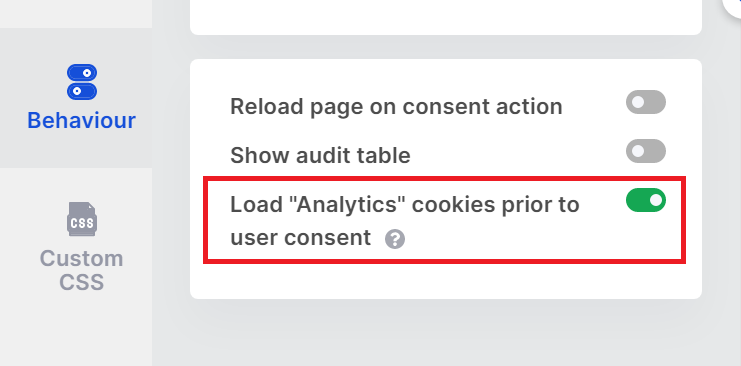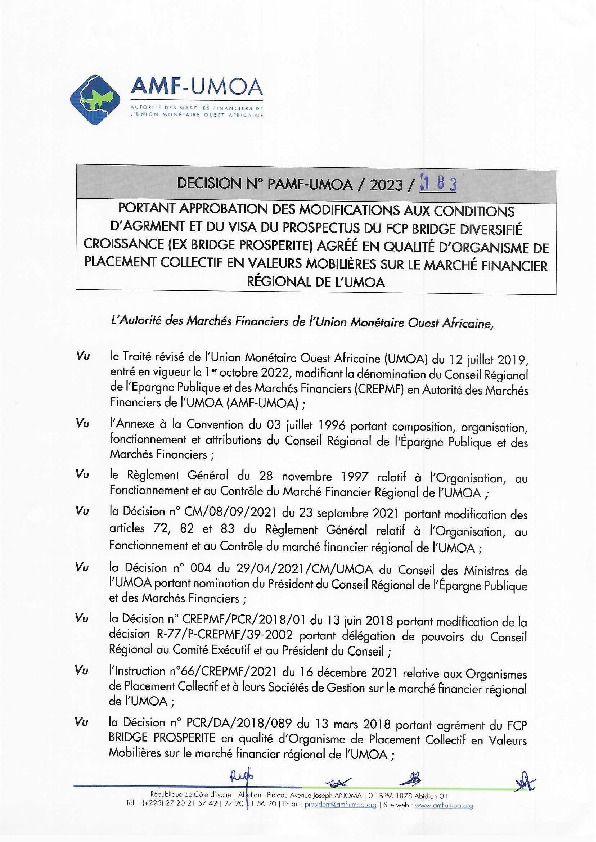New CNIL Guidelines On AI: A Practical Guide For Compliance

Table of Contents
Understanding the Scope of the New CNIL Guidelines on AI
The CNIL Guidelines on AI apply to a wide range of AI systems used in France, focusing on those that process personal data. This includes, but isn't limited to, systems employing:
- Predictive policing: Algorithms used to anticipate criminal activity.
- Facial recognition: Technologies identifying individuals from their facial features.
- Automated decision-making: Systems automatically making decisions impacting individuals (e.g., loan applications, credit scoring).
- Profiling: Analyzing personal data to create profiles of individuals.
These guidelines are grounded in the core principles of the General Data Protection Regulation (GDPR), emphasizing:
- Data protection: Ensuring personal data is processed lawfully, fairly, and transparently.
- Transparency: Individuals must be informed about how their data is used by AI systems.
- Accountability: Organizations are responsible for demonstrating compliance with the guidelines.
Key considerations:
- Specific examples of AI systems covered include those used in recruitment, customer service, and healthcare.
- Relevant articles of the GDPR include Articles 5, 6, 13, 14, 22, and 35, directly impacting AI compliance.
- The CNIL's approach varies depending on the AI's complexity and the risk it poses to individuals' rights and freedoms. High-risk AI systems demand stricter compliance measures.
Key Requirements for Compliance with CNIL AI Guidelines
To comply with the CNIL Guidelines on AI, businesses must meet several key requirements. These focus on mitigating risks and protecting individual rights:
- Data minimization and purpose limitation: Collect and process only the minimum amount of personal data necessary for the specific purpose of the AI system. Avoid collecting data unnecessarily.
- Data Protection Impact Assessments (DPIAs): For high-risk AI systems, a DPIA is mandatory. This involves evaluating the potential risks to individuals' rights and freedoms and implementing appropriate safeguards.
- Data protection by design and by default: Privacy must be integrated into the design and development of AI systems from the outset. Default settings should prioritize data protection.
Practical steps for compliance:
- DPIA Steps: Identify the AI system, determine the data processed, assess the risks, implement safeguards, and document the process.
- Data minimization strategies: Carefully define the purpose of data collection and only collect the data absolutely necessary.
- Transparency and user control: Provide clear and accessible information to users about how the AI system processes their data and give them options to control their data.
Practical Steps for Implementing CNIL Compliance in Your Organization
Achieving compliance with the CNIL Guidelines on AI requires a proactive and multi-faceted approach:
- Develop a comprehensive AI compliance policy: This policy should clearly outline the organization's commitment to compliance, data protection procedures, and roles and responsibilities.
- Implement appropriate technical and organizational measures: Invest in secure data storage, access control mechanisms, and encryption to protect personal data.
- Establish a regular compliance monitoring and audit process: Regularly review your AI systems and data protection practices to identify and address any potential vulnerabilities.
- Provide staff training and awareness: Ensure your employees understand their responsibilities and are aware of the importance of complying with the CNIL Guidelines on AI.
Resources and tools:
- The CNIL website offers numerous guides and resources on AI and data protection.
- Consider using specialized data privacy management software to assist with compliance monitoring.
Potential Penalties for Non-Compliance with CNIL AI Guidelines
Non-compliance with the CNIL Guidelines on AI can lead to serious consequences:
- Significant fines: The CNIL has the power to impose substantial financial penalties, potentially reaching millions of euros, depending on the severity of the violation.
- Reputational damage: Data breaches and non-compliance can severely damage an organization's reputation, leading to loss of customer trust and business.
- Legal action: Individuals whose rights have been violated may initiate legal proceedings against the organization.
CNIL Enforcement:
- The CNIL actively investigates complaints and conducts audits to ensure compliance.
- Examples of CNIL fines for data protection violations are readily available on their website.
Ensuring Compliance with the New CNIL Guidelines on AI
Understanding and adhering to the CNIL Guidelines on AI is paramount for businesses operating in France. Failure to comply can result in significant financial penalties and irreparable reputational harm. This article has highlighted the key requirements, practical steps, and potential risks associated with non-compliance. By implementing the strategies outlined, you can proactively protect your organization and ensure that your AI systems are compliant with French data protection regulations. Begin your journey towards CNIL Guidelines on AI compliance today by visiting the CNIL website for detailed guidance and resources. Proactive compliance with the CNIL's AI regulations is not merely a legal requirement; it's a demonstration of responsible innovation and a commitment to protecting individual rights in the age of AI.

Featured Posts
-
 Valneva Analyse Du Document Amf Cp 2025 E1027271 Du 24 Mars 2025
Apr 30, 2025
Valneva Analyse Du Document Amf Cp 2025 E1027271 Du 24 Mars 2025
Apr 30, 2025 -
 Gripna Prognoza Prof Iva Khristova Za Vtorata Vlna
Apr 30, 2025
Gripna Prognoza Prof Iva Khristova Za Vtorata Vlna
Apr 30, 2025 -
 Yates A Powerful Symbol In Black History As Explained By Dr Jessica Johnson
Apr 30, 2025
Yates A Powerful Symbol In Black History As Explained By Dr Jessica Johnson
Apr 30, 2025 -
 Family Files Wrongful Death Suit Against San Diego County Sheriffs Office
Apr 30, 2025
Family Files Wrongful Death Suit Against San Diego County Sheriffs Office
Apr 30, 2025 -
 Reducing Process Safety Hazards A Novel Ai Based Patent
Apr 30, 2025
Reducing Process Safety Hazards A Novel Ai Based Patent
Apr 30, 2025
Latest Posts
-
 Mstqbl Alelaqat Alamrykyt Alkndyt Ray Tramb Waldwr Alamryky Alhasm
Apr 30, 2025
Mstqbl Alelaqat Alamrykyt Alkndyt Ray Tramb Waldwr Alamryky Alhasm
Apr 30, 2025 -
 Us Canada Relations In The Spotlight Trumps Influence On The Canadian Vote
Apr 30, 2025
Us Canada Relations In The Spotlight Trumps Influence On The Canadian Vote
Apr 30, 2025 -
 Trump And Canada Understanding The 51st State Controversy
Apr 30, 2025
Trump And Canada Understanding The 51st State Controversy
Apr 30, 2025 -
 The Canadian Election And Us Relations Trumps Perspective
Apr 30, 2025
The Canadian Election And Us Relations Trumps Perspective
Apr 30, 2025 -
 Decoding Trumps 51st State Remarks On Canada Fact Or Fiction
Apr 30, 2025
Decoding Trumps 51st State Remarks On Canada Fact Or Fiction
Apr 30, 2025
